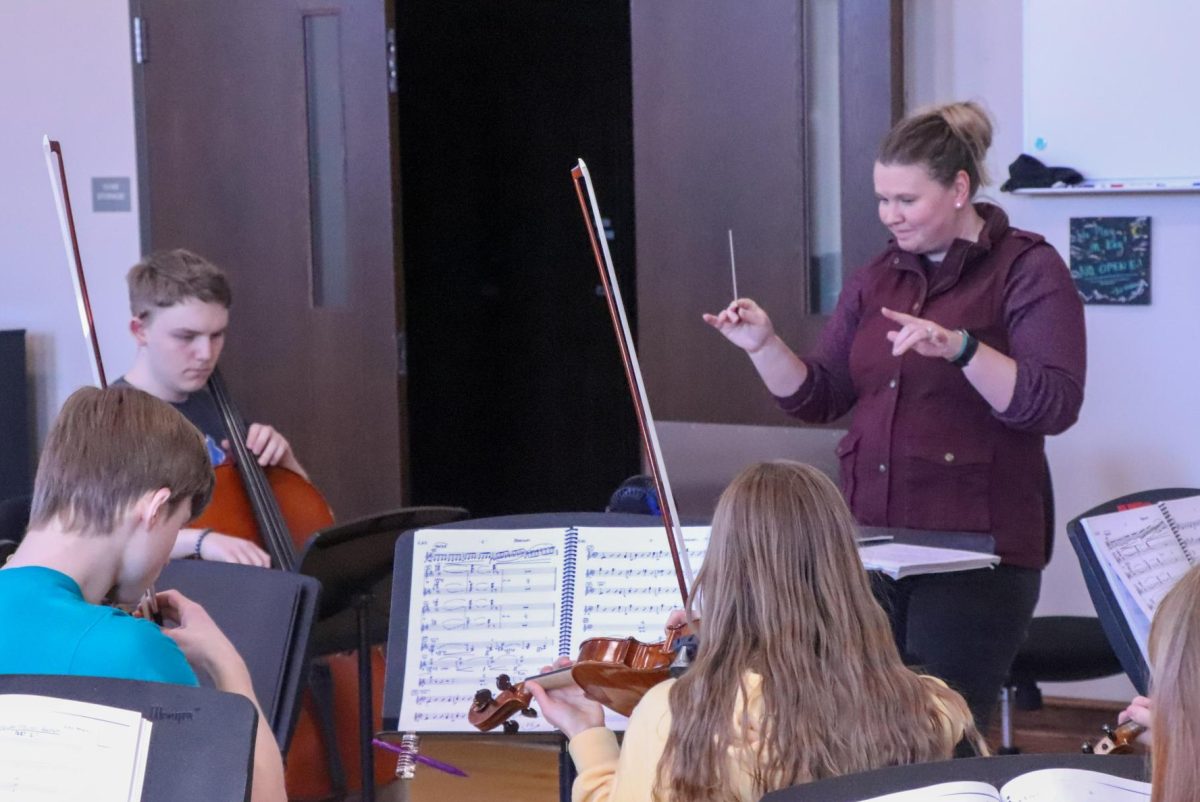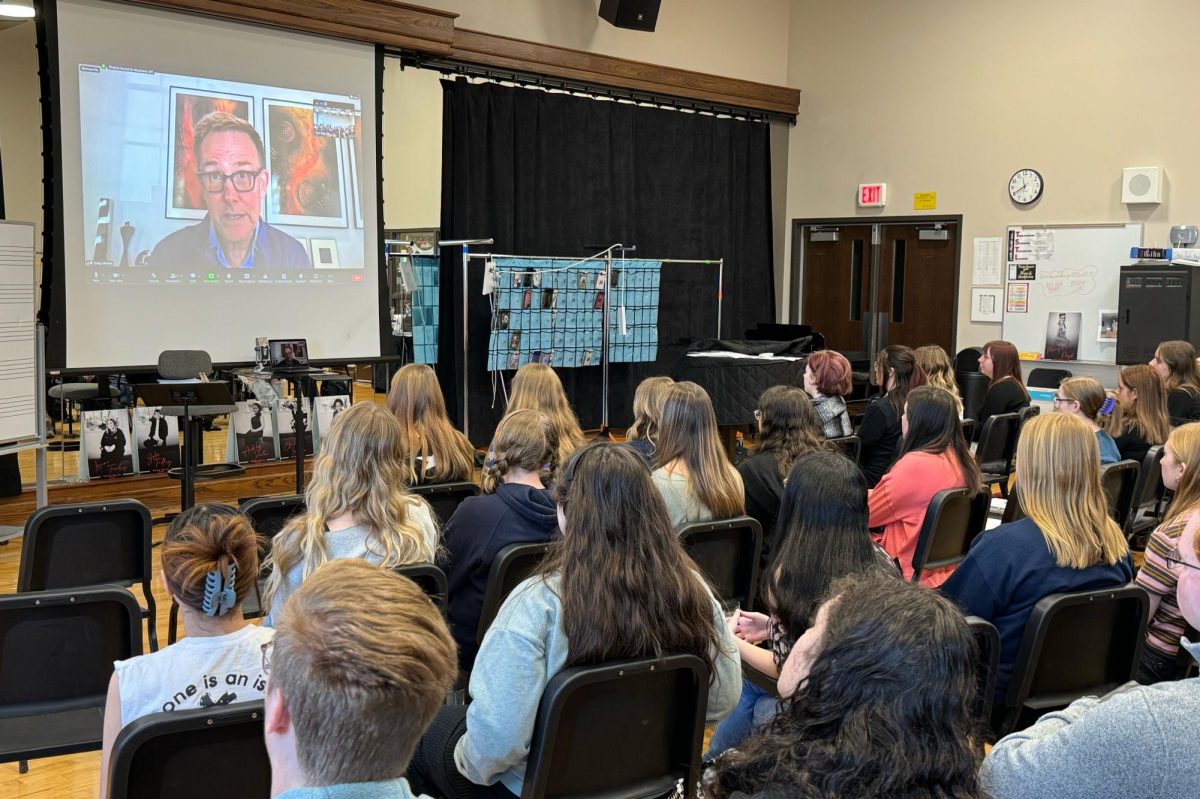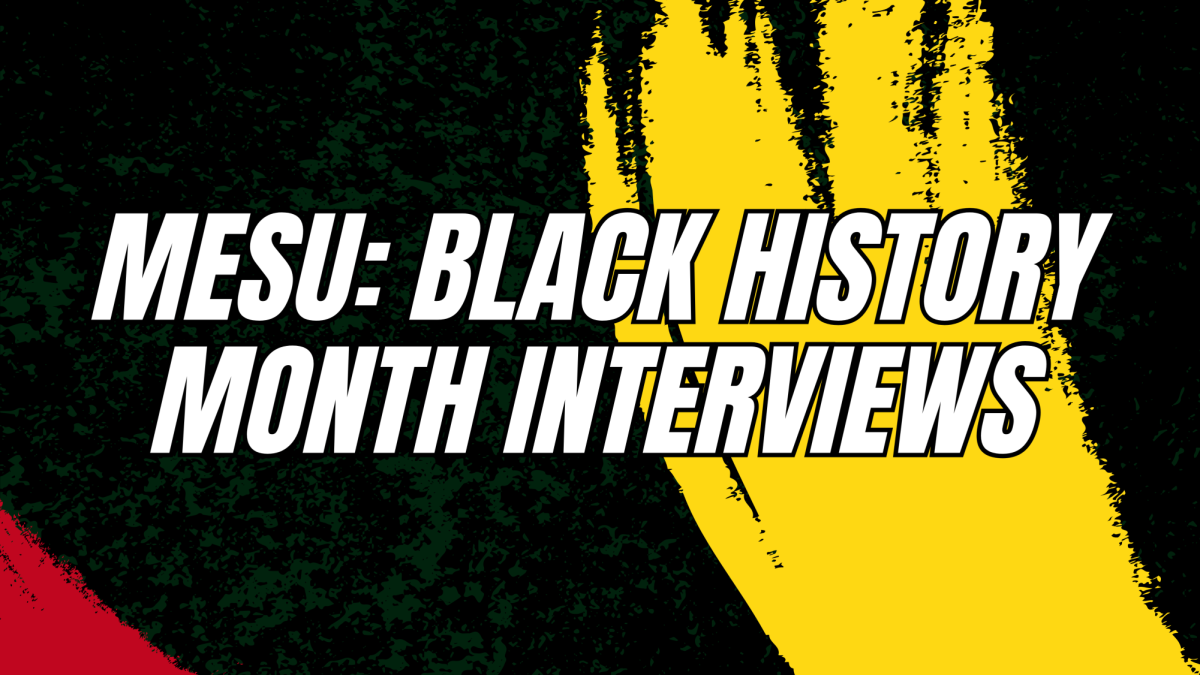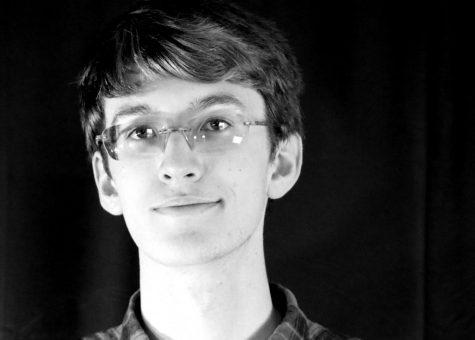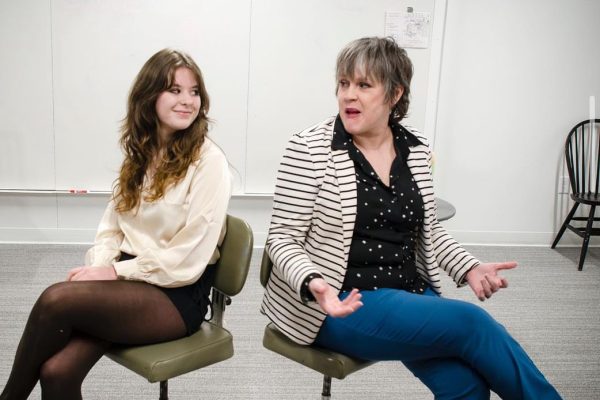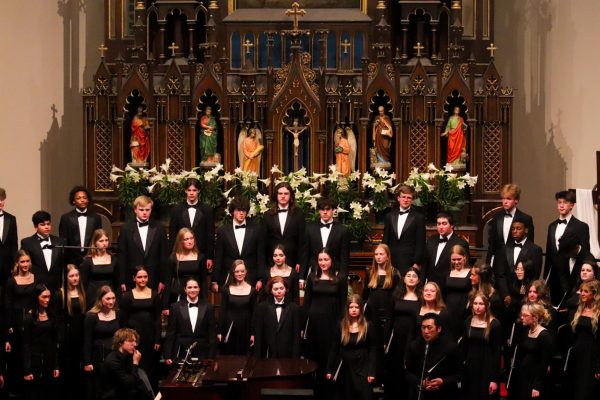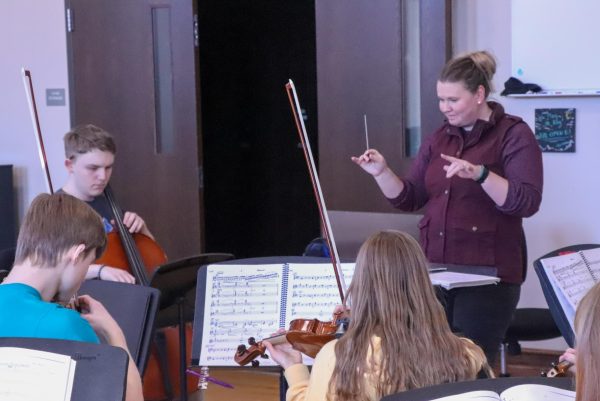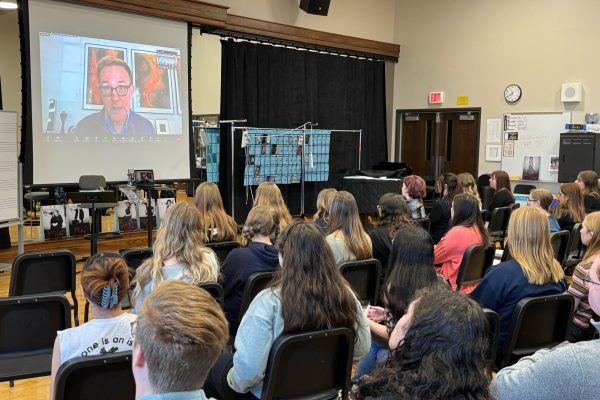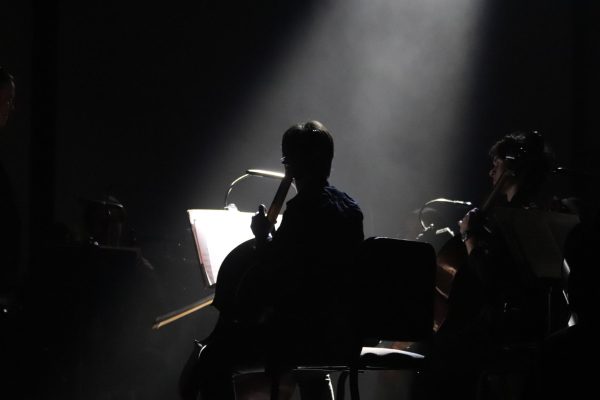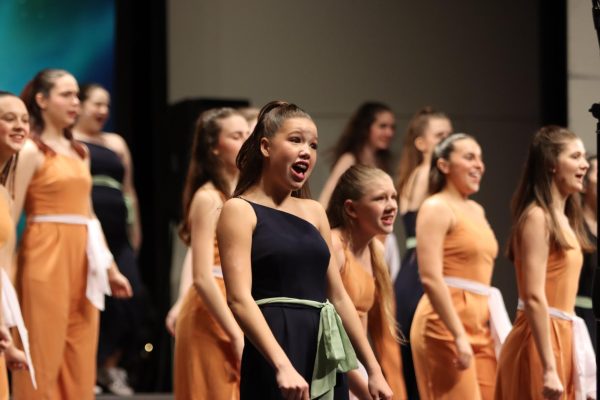LH Book Reviews: A Wizard of Earthsea
February 19, 2018
Ursula K. Le Guin passed away on January 22nd, 2018, almost exactly 40 years after her first novel, “A Wizard of Earthsea” was published from then-small press Parnassus Publishing. Though it was initially not expected to sell well, this book has become one of the most popular fantasy novels in the last century alongside its predecessors the Lord of the Rings and the Chronicles of Narnia. Fortunately, it breaks from the all-encompassing mainstream fantasy precedent set by the aforementioned novels, offering much-needed new material to high fantasy. A Wizard of Earthsea is considerably more inclusive to non-white, non-male characters; it offers early dialogue on literary conventions such as environmentalism, psychology, and philosophy; the world, supported by Le Guin’s stellar writing style, is carefully fleshed-out and doesn’t get in the way of getting to know the main character. At its most fundamental, this book is not about wizards, hobbits, or magical rings; it’s a coming-of-age story about Ged.
“A Wizard of Earthsea” by Ursula K. Le Guin follows a young mage named Ged, the son of a bronzesmith on Gont, a small island in the vast archipelago making up Earthsea. After displaying tremendous magical talent, he is sent to join the school of wizardry on the isle of Roke, where he is a top student. Unfortunately his argumentative nature drives him into a wizard duel after one of his classmates mocks him. One of his spells goes wrong and he summons a shadow creature that attacks and scars him beyond recognition. The rest of the book follows his quest to hunt it down and banish it.
Ged himself is arguably one of the best character transformations in science fiction and fantasy. At the beginning of the book, he is proud, quick to anger, and fundamentally dislikable. As time goes on, spurred on by the realization that the shadow creature is a physical manifestation of his own past evils, he gradually changes into a sagacious and powerful wizard known by the alias Sparrowhawk. That said, the binary portrayal of good and evil, as opposed to greater forces on a larger continuum, was a bit on-the-nose and preachy. Admittedly, it plays into a central theme of the book that I did enjoy: balance. Everything in Earthsea is at odds with an equal and opposite force; good and evil; nature and humanity; earth and sea (hence the name “Earthsea”). Whether or not this tradeoff is worth it is up for the individual reader to decide, but I managed to get past it.




























